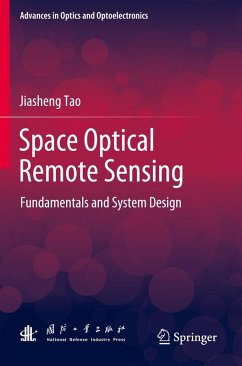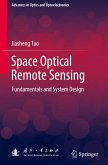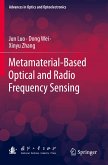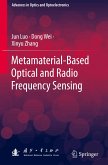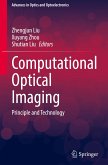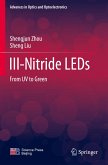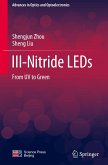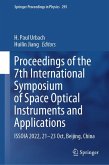This book highlights the fundamentals, technologies, and methods of space optical remote sensing and system design. The author introduces concepts and methods established during his decades of research and practice, covering topics such as difference between the spatial resolution of pixel and the resolution of traditional film, the resolution of remote sensing image for characteristics and target recognition purpose, and image shift problem of sampling image space. The book comprehensively and systematically introduces the basic concepts, theories, parameter design calculations of imaging cameras, multispectral cameras, surveying cameras, infrared cameras, and imaging spectrometers, their respective system components, and performance evaluation of space optical remote sensing systems. The book also discusses the overall design of space optical remote sensing systems, including light sources, the ground-air system, target characteristics, spectrum selection, energy calculation, orbital parameters, optical remote sensor parameters, spacecraft parameters coordination and selection, comprehensive analysis, and large-scale system performance evaluation methods, forming a complete idea on how to achieve the goals of the system design. The book enables readers to understand the working principles of the whole systems from a theoretical depth and grasp the full skillset on how to implement advantages and balance technical difficulties for orbit, subsystems of the platform, and payloads. The book is a must-read for those who seek to build strong ability for research, development, and innovation surrounding the subject matter.
Bitte wählen Sie Ihr Anliegen aus.
Rechnungen
Retourenschein anfordern
Bestellstatus
Storno

